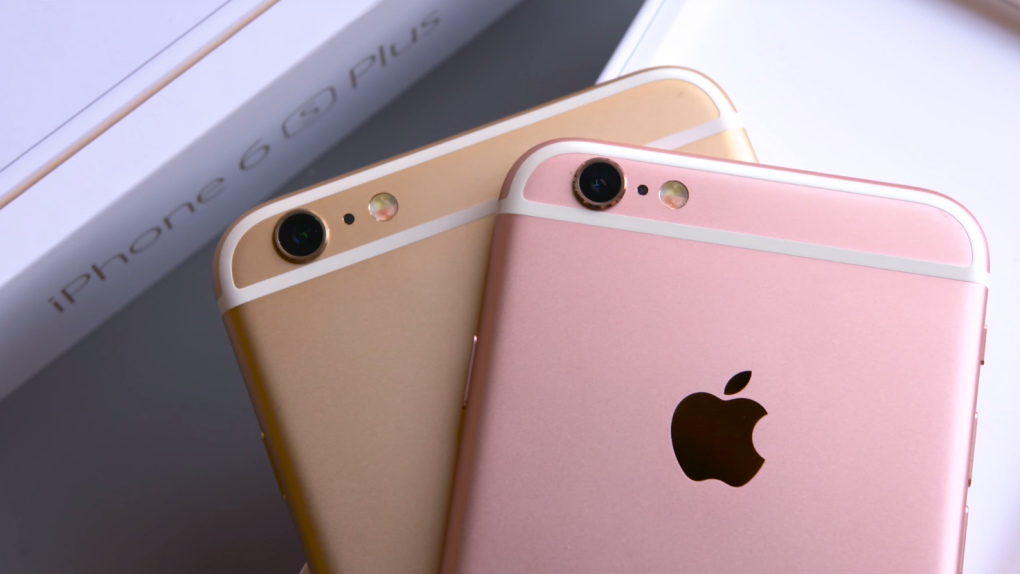Now that both iOS 9 and the iPhone 6s are out, we’re seeing a noticeable bump in iPhone users searching for reasons why their older iPhone models suddenly feel slower. In fact, history teaches us that “iPhone slow” is one of the most popular searches around new iPhone and iOS launches and it happens every year.
DON’T MISS: Surface Book vs. MacBook Pro: Microsoft is ready to give Apple a run for our money
Conspiracy theories have claimed that Apple intentionally makes iPhones feel slower as they age so that buyers upgrade to the latest model. That’s certainly not so, but what’s very clear is that the older the device, the less likely it is to offer performance on par with the latest hardware.
Apple is trying its best to make iOS 9 run smoothly on devices as old as the iPhone 4s and iPad 2 (both launched in 2011), as this gives it a major advantage over Google when it comes to upgrades. But the fact is that older devices will be slower than the latest models only because they’re packing hardware that used to be at flagship status when they were launched.

Data gathered by Statista shows that “slow iPhone” is a search term that peaks in popularity when a new iPhone is released (see graph above), proving that people are indeed worried that their aging devices might behave slower than before, following a major iOS update.
Now that the iPhone 6s series is out, complete with a major iOS release, the “slow iPhone” search is returning to peak levels, the graph shows. The company says there are two possible explanations for the “slow iPhone” feeling, one being psychological, and the second being related to an iOS upgrade.
Comparisons between iOS 9 and iOS 8.4.1 have shown that iOS 9 can be slower than its predecessors in some tests, and faster in others. Again, the newer the iPhone, the better iOS 9 experience it can offer.
The chart illustrates that the “slow iPhone” worry seems to dissipate over time, suggesting that either people get used to the new experience, or that Apple can improve the speed of the iPhone in subsequent minor updates. Apple is working on iOS 9.1 as we speak, which should bring over several performance improvements once it’s ready for mass consumption.




